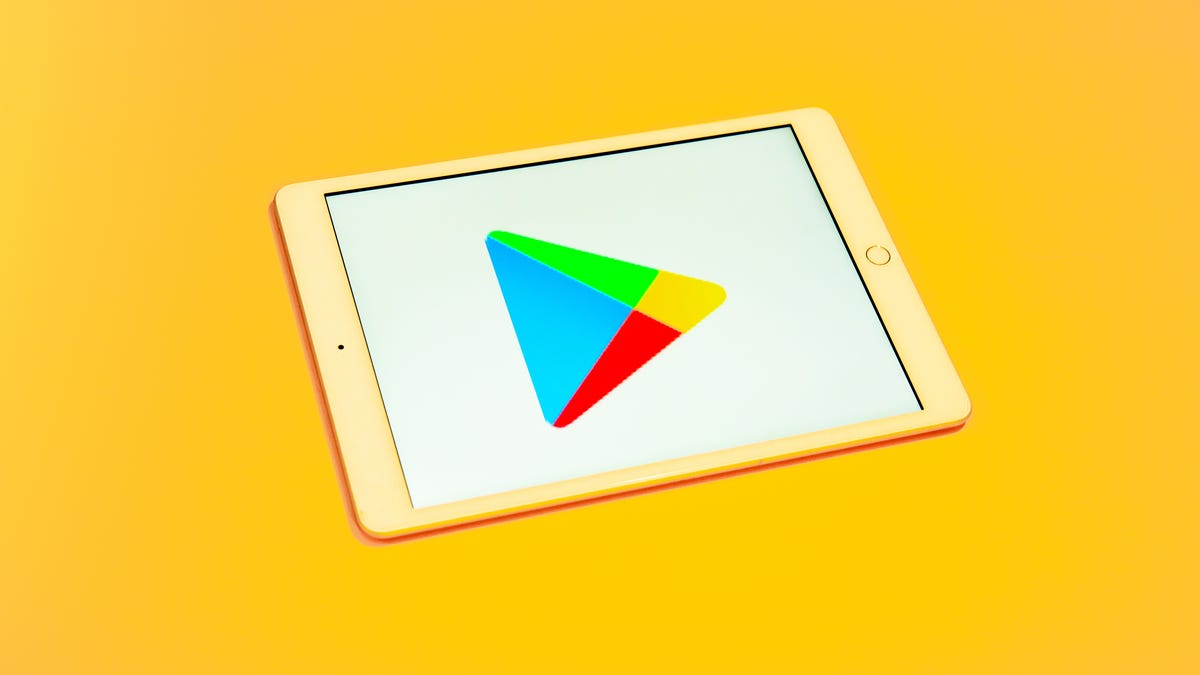Judge James Donato, who presided over the Epic vs. Google lawsuit that declared Google to be operating an illegal monopoly with its Google Play Store on Android last year, issued a final ruling on Monday requiring the company’s mobile operating system to open up to third-party app stores for three years. Google says it’ll appeal the decision.
“These changes would put consumers’ privacy and security at risk, make it harder for developers to promote their apps, and reduce competition on devices,” said Lee-Anne Mulholland, vice president of regulatory affairs at Google, in a press release. “Ultimately, while these changes presumably satisfy Epic, they will cause a range of unintended consequences that will harm American consumers, developers and device makers.”
Mulholland pointed to a contrary ruling made in the separate Epic Games v. Apple lawsuit, in which the iPhone maker was not declared a monopoly, although it still had to open up iOS to third-party payment mechanisms. She also pointed out that, unlike iOS, Android is an open platform that allows for multiple app stores and sideloading of apps. She said Google’s appeal will argue both Apple and itself continually compete for consumers and app developers on the open market.
“Android has helped expand choice, reduce prices and democratize access to smartphones and apps,” said Mulholland. “The initial decision and today’s Epic-requested changes put that at risk and undercut Android’s ability to compete with Apple’s iOS.”
Google linked to Mulholland’s press release when asked for comment. Epic Games pointed to a series of posts on X, the social media platform formerly known as Twitter, by founder and CEO Tim Sweeney in lieu of providing a statement.
Judge Donato’s ruling caps a long-running dispute Epic Games, the maker of the wildly popular video game Fortnite, has had with Apple and Google’s app stores. Both stores require a 30% royalty to be paid for all app purchases. Epic’s Sweeney refers to this as an “app tax” that includes in-app purchases as well, meaning that if a $1 skin is bought within Fortnite, 30 cents would have to go to either Google or Apple. Epic Games attempted to circumvent that fee in 2020 by launching Fortnite with an outside payment option. Doing so prompted both Apple and Google to ban Fortnite, which triggered the lawsuit by Epic.
The Fortnite maker argued that each company was operating an illegal monopoly with its app stores as such restrictive payment controls. These same types of payment restrictions aren’t maintained on other online devices, like MacBooks and PCs. Judge Yvonne Gonzalez Rogers ruled more favorably for Apple, saying that Apple didn’t maintain a monopoly with its app store but also required it to open up to third-party payment methods.
The Supreme Court declined to hear Epic Games’ appeal in the Apple lawsuit. It’s uncertain if the Supreme Court will take on Google’s appeal in the Epic Games lawsuit.

